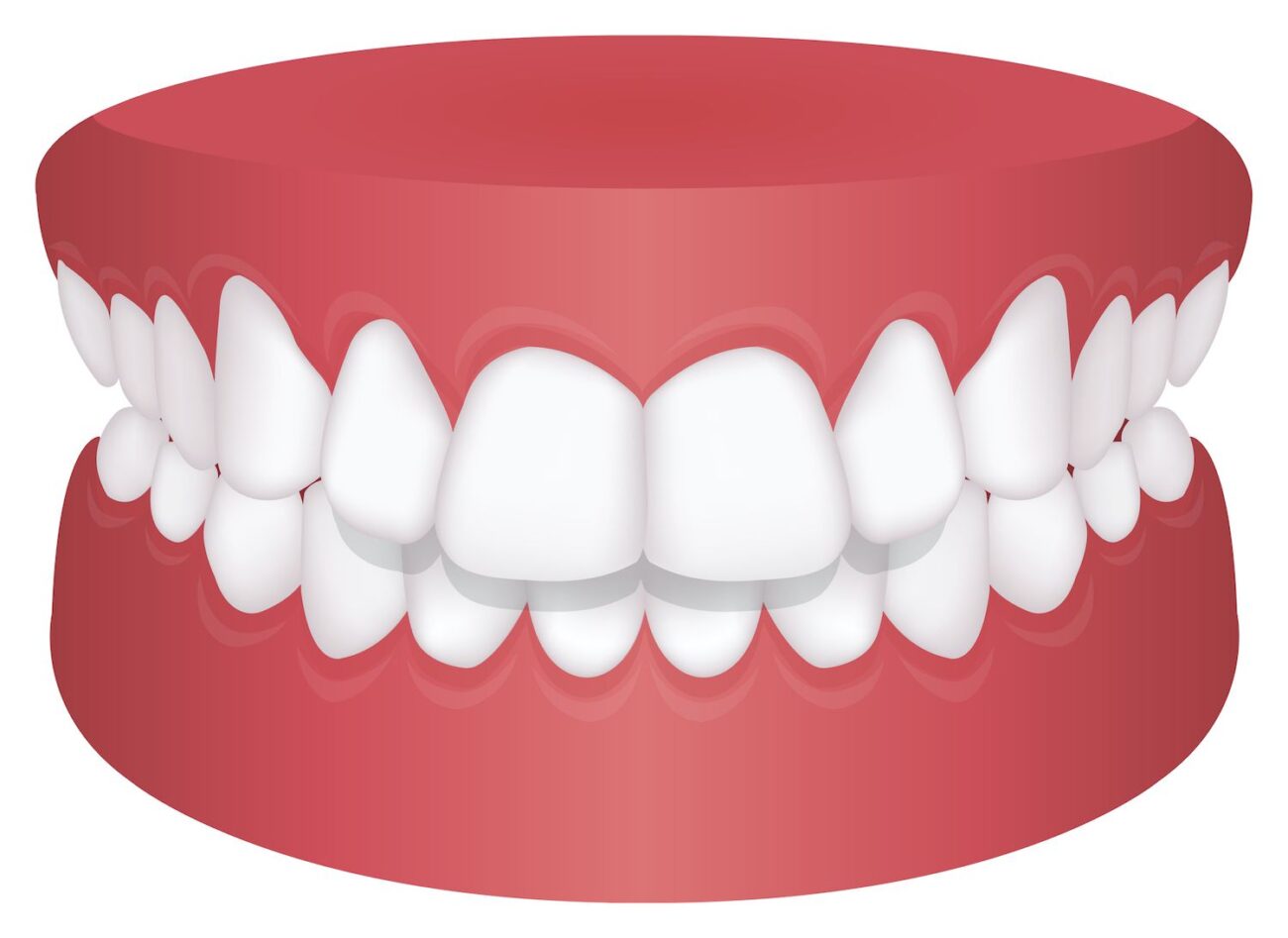If you need dentures, it can be a huge change in your life. Typically, patients who need dentures have experienced severe decay, disease, or trauma. Along with this new device, you have to adjust to a new oral care routine. Additionally, you will need to help your mouth get used to wearing dentures. With the right mindset and knowledge, this can be a smooth process. Adapting to dentures is a journey that involves patience, practice, and proper care.

There is an Adjustment Period
The first step in adapting to dentures is to understand that there is an adjustment period. Just like any significant change, getting used to dentures takes time and patience. While this can be frustrating and uncomfortable, it is normal. It is a gradual process that should go away with time.
Your dentist will play a crucial role in your denture journey. They will guide you through the fitting process and help with care and maintenance. Don’t hesitate to communicate any concerns or ask questions during your dental appointments. Your dentist is there to support you.
Eating with Dentures
As you begin to use dentures for eating, start with soft foods that are easy to chew. This also allows you to gradually adapt to the sensations and movements of your new dentures. Soups, mashed potatoes, and yogurt are excellent choices during the initial days.
Chewing with dentures is different from natural teeth. As a result, it may take some practice. Cut your food into smaller pieces, chew slowly, and use both sides of your mouth evenly. With time, you’ll become more used to the motion. This should enhance your ability to enjoy a variety of foods.
Speak Confidently
Speaking with dentures may feel weird at first. To build confidence, practice pronunciation by reading aloud or conversing with friends and family. This helps with speech clarity and speeds up your comfort level with your new dental appliances.
Denture adhesives can provide more stability and confidence. But, it’s vital to use them as directed by your dentist. Applying too much adhesive can be uncomfortable. Yet, not using enough or the right way can mess up the fit.
Proper Denture Care
Keeping your dentures clean is vital for oral health and overall comfort. Establish a daily cleaning routine that includes brushing your dentures with a soft-bristled brush and using a denture cleaner. Regular cleaning prevents plaque buildup and maintains a fresh feel.
You need to give your gums a break by removing your dentures at night. This allows your mouth to rest and recover while preventing issues like sore spots. Soak your dentures in a denture cleaning solution overnight to keep them clean.
How to Get Rid of Pain or Soreness
If you have constant pain or soreness, don’t hesitate to contact your dentist. Adjustments to your dentures may also be necessary to ensure a proper fit. Ignoring discomfort can lead to more significant issues. Therefore, timely communication with your dental professional is crucial.
Another way you can help the pain is to gently massage your gums with a soft toothbrush or clean cloth. This can promote blood circulation and reduce soreness. Rinsing your mouth with warm saltwater can also provide relief.
